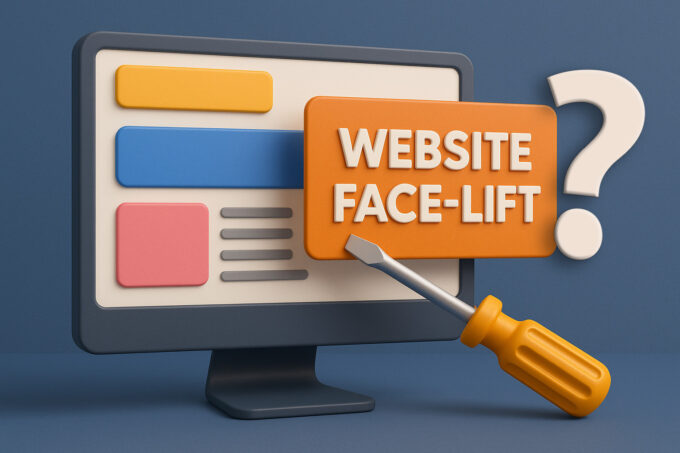In today’s digital landscape, having a well-structured website is crucial for success. One often overlooked aspect of website organization is the proper structuring of URLs. Consistency in URL formats and the inclusion of a sitemap can greatly enhance user experience and improve search engine optimization (SEO). In this blog post, we will explore the importance of consistent URLs, choosing between “www” and non-“www” versions, ensuring secure connections with HTTPS, and how our services can help you resolve these common issues.
The Power of a Canonical URL:
A canonical URL is the preferred version of a web page that search engines should index. When multiple URLs point to the same content, it can lead to duplicate content issues and dilute your website’s authority. By setting a canonical URL, you ensure that search engines understand which version of your page is the primary one. This helps consolidate link equity and improves your website’s overall SEO performance.
www or Non-www: Picking the Right Domain Format:
Choosing between using “www” or non-“www” in your URLs may seem trivial, but it carries significance in terms of consistency and brand perception. Whichever format you choose, it’s essential to stick with it consistently throughout your website. This ensures that search engines view your website as a unified entity, preventing any potential split in link authority. Our team can assist you in implementing the preferred format across all your URLs, providing a seamless user experience.
Embrace HTTPS for a Secure Connection:
With online security becoming increasingly important, it’s crucial to ensure that all your URLs use the secure HTTPS protocol instead of HTTP. HTTPS encrypts the communication between users and your website, protecting sensitive information and instilling trust in your visitors. Additionally, search engines tend to prioritize secure websites in search results. Our services can help you transition your URLs to HTTPS, ensuring a safe browsing experience for your users and maximizing your website’s visibility.
Resolving URL Structure Issues with Our Help:
Resolving URL structure issues and implementing consistent formatting throughout your website can be a daunting task. Fortunately, our team of experts specializes in website optimization and can assist you in rectifying these common problems. We have the knowledge and tools to analyze your website’s structure, identify inconsistencies, and provide solutions tailored to your specific needs. With our assistance, you can create a robust link structure that enhances user experience, boosts search engine rankings, and ultimately drives more traffic to your website.
Let’s get started together
Consistent URLs and a well-structured sitemap are vital elements for any website’s success. By implementing a canonical URL, choosing a preferred domain format, and ensuring secure connections with HTTPS, you can enhance your website’s SEO performance and provide a seamless user experience. Our team is ready to help you overcome these challenges and optimize your website’s link structure. Contact us today to ensure your URLs are consistent, secure, and optimized for success.



